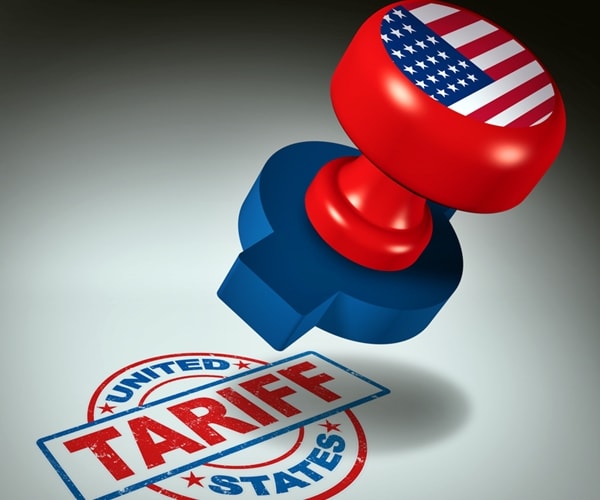
The Arbitration Court of the World Trade Organization approved the U.S. claim to impose tariffs worth $7.5 billion on products from the European Union as compensation for subsidies granted by European governments to Airbus in the development of the A350 and A380 airplane models. It took just a few hours for Washington to announce that it will place tariffs on 300 products imported from Europe, ranging from aviation components to a series of agricultural products very close to the Trump administration such as French wine, Italian cheese, olives, whiskey and luxury goods.
For Spain, the decision is a setback that adds yet another burden to the current moderate economic slowdown. Spanish wine and oil are significantly affected; the value of the Spanish exports involved is around 1 billion euros ($1.1 billion). It is not so much about the volume of sales involved as its impact on agricultural products that are very sensitive to any price increase.
The WTO’s decision must be respected, of course, but the fundamental issue in this case is that Donald Trump’s economic strategy has turned his tariff policy, which is not mediated by the WTO, into a spurious tool to gain advantage in the economic exchange between the blocs. The perception that the trade war between the United States and China is limited to reciprocal damages between the two countries has long since ceased to be realistic. And to those who explain the visceral and enthusiastic protectionism of the Trump administration as a response to abusive practices from China which irritate many countries, the facts have shown that the EU, whose business practices are beyond suspicion, also finds itself a target of Washington as a “potential enemy.” With any escalation of aggression, including economic escalation, initial rationality easily becomes delirium.
It seems appropriate to remember that the current U.S. administration does not believe in multilateral organizations, and especially does not believe in the WTO. It has done its best to reduce the organization’s importance and is determined to apply the law of force in relations with other countries and coercive strategies in any negotiation. The core motivation of the Trump administration is to maintain dominance both in the global technology market and in trade. In the name of that purpose, Trump can afford to bury his farmers’ income with subsidies from the tariff escalation.
Brussels rightly fears new protectionist escalation against European products. For Trump, the value of the WTO is instrumental; he only believes in it when it rules in his favor. Its value will be proven if the organization rules in favor of Europe in the attempt to impose tariffs on the United States based on public aid granted to Boeing. Or when Brussels applies new sanctions to American technology companies for their shameless and growing tax avoidance. If this demonstrates anything, it is that Washington’s commercial strategy is designed without respect for multilateral organizations.

Leave a Reply
You must be logged in to post a comment.